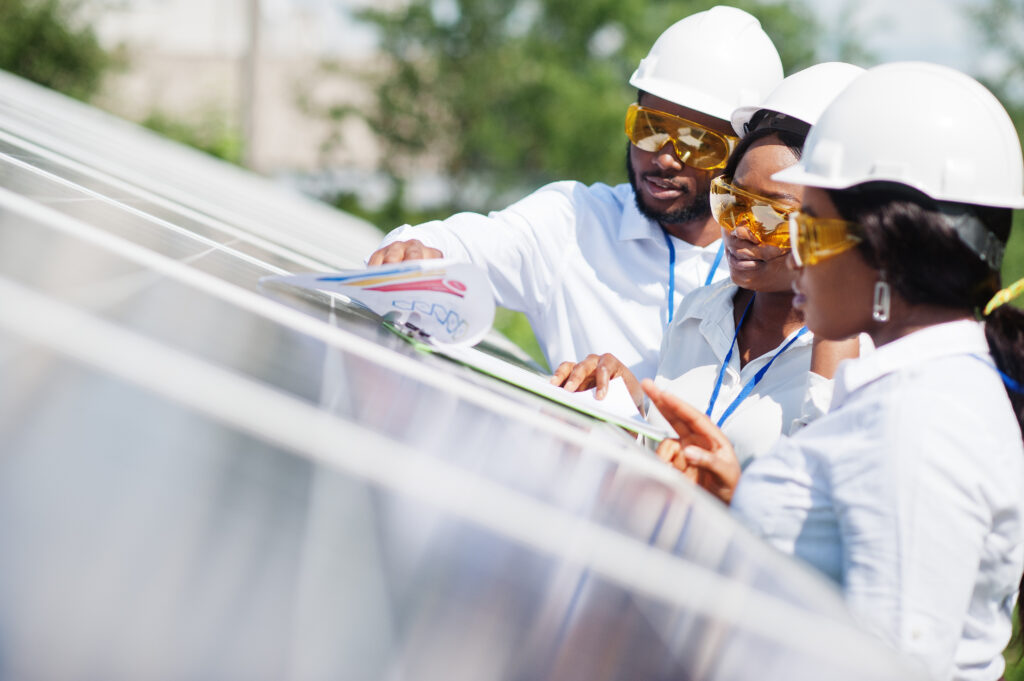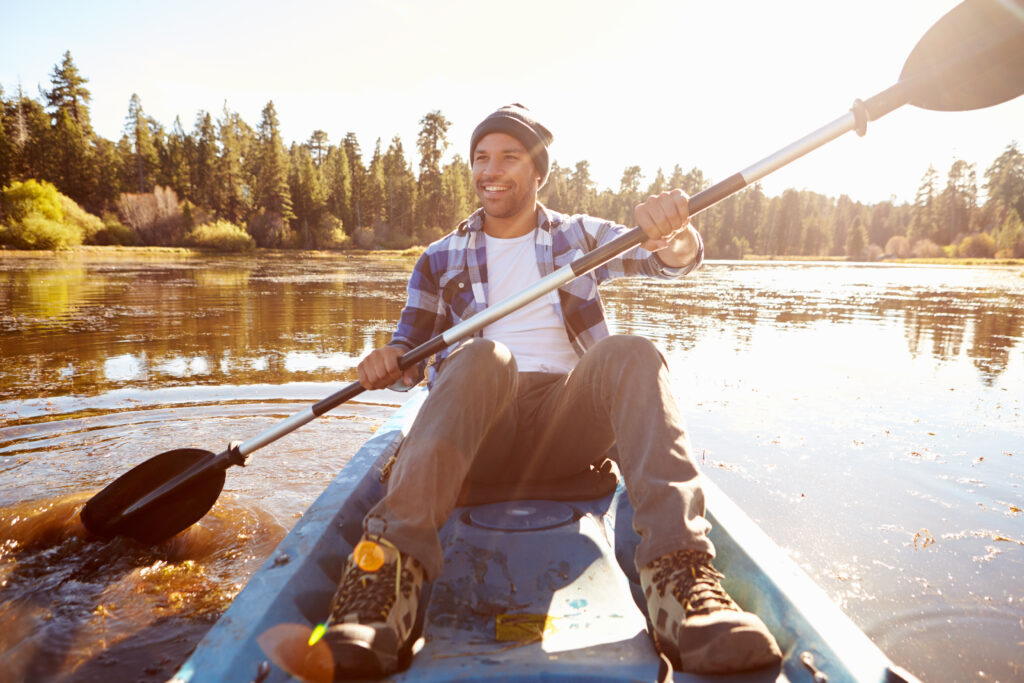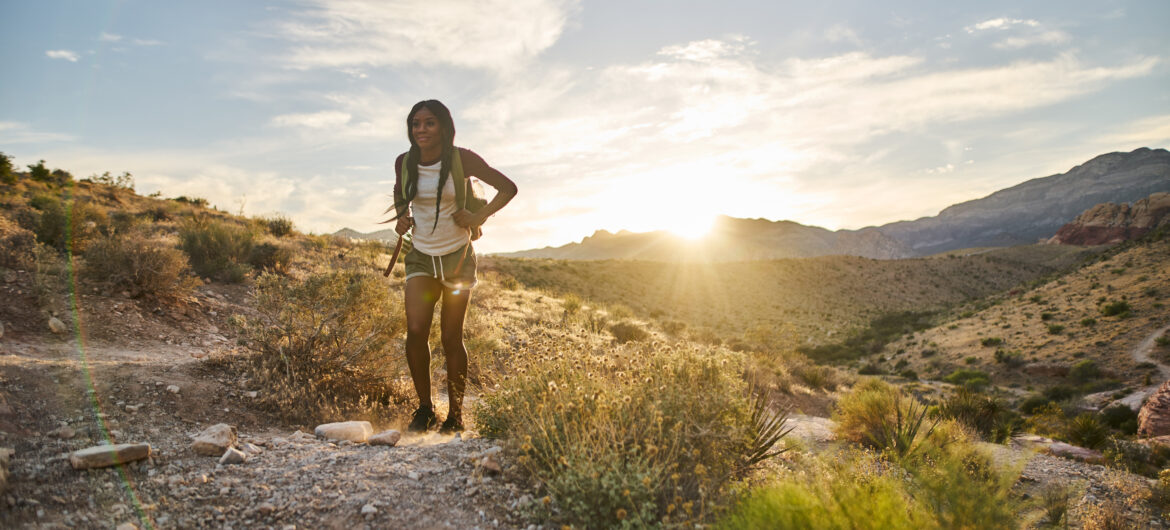For years, Black people have been underrepresented in conversations around climate change, and in depictions of environmental leisure, they rarely show up. Black people are obviously far from ambivalent about the environment; it is well known that in the United States, they suffer the most from the effects of climate change and are often excluded from the communities that enjoy the cleanest air and water. But the multiple complex opinions and experiences of Black people with their environments have been shaped by structural inequities stretching back hundreds of years.
There is no quick-fix solution to environmental justice work; we must instead address how other elements of our society have caused such disparities. Below, we provide five such considerations and five influential Black leaders in the fields of environmental and racial justice.

Five Elements Shaping the Black Perspective on the Environment
- Systemic racism and its resulting socioeconomic crisis frequently force black people to prioritize more imminent concerns like education and access to healthcare over climate engagement. As one study participant stated, “What’s climate change if I need a job?”
- Black culture largely lacks environmental leisure components due to historical and socio-economic reasons. Historically, American Blacks have been evicted from the best pieces of land and have even been made to fear spending time in outdoor spaces due to the possibilities of harassment and lynching. Though such threats have now diminished, cultural preferences and beliefs persist. Black people still account for only about 2-5% of our national parks’ visitors, and Snowsports Industries America (SIA) has found that only 7.3% of American alpine skiers are Black.
- Blacks are underrepresented in the clean energy sector, holding a mere 8% of clean energy jobs despite their 13% labor force and population representation. In contrast to Silicon Valley’s whitewashed hub of futuristic technology, it can be especially difficult for Black people who have not received a college education to work in or pay for clean energy.
- Of course, the underrepresentation of Black people in our government means that their voices are not given sufficient prominence in environmental politics. Though Black representation is slowly rising in the U.S. House of Representatives and in the presidential cabinet, governors and Senate representatives continue to be overwhelmingly white.
- Black people are often forced to live in areas with poor air and water quality, such as in eastern North Carolina, where harmful fumes from hog farms are ubiquitous and cause major respiratory illnesses. Complaints and lawsuits are often fruitless endeavors due to persisting racism.

Five Black Leaders of Environmental Justice
- Warren Washington is an environmental scientist who has made significant achievements in developing atmospheric computer models. These models help us comprehend and predict the course of climate change. In addition to being a scientist, he is an advocate, consultant, and author with over 150 publications.
- Dominique Drakeford considers fashion her entry point into her career as an environmental activist, but her work encompasses so much more than clothing. She describes herself as “a non-traditional environmental educator” who focuses on creative sustainability. She is a writer, public speaker, and influencer well worth following.
- Dudley Edmondson believes that the numbers of Black people spending time outside and visiting natural wonders can grow if Black people see themselves better represented. To this end, he photographed and published an influential book, The Black & Brown Faces in America’s Wild Places.
- Rue Mapp, like Edmondson, believes that Black people have a right to enjoy nature through adventures like swimming, hiking, kayaking, biking, camping, and fishing. With these activities in mind, Mapp founded Outdoor Afro to provide Black people with fun outdoor programs that build community.
- Catherine Coleman Flowers focuses on improving water and sanitation infrastructure in underserved minority communities. She has spoken before the United Nations and the U.S. Congress, and she founded the Center for Rural Enterprise and Environmental Justice (CREEJ).
 Food
Food Farmers
Farmers Sustainable Living
Sustainable Living Living Planet
Living Planet News
News